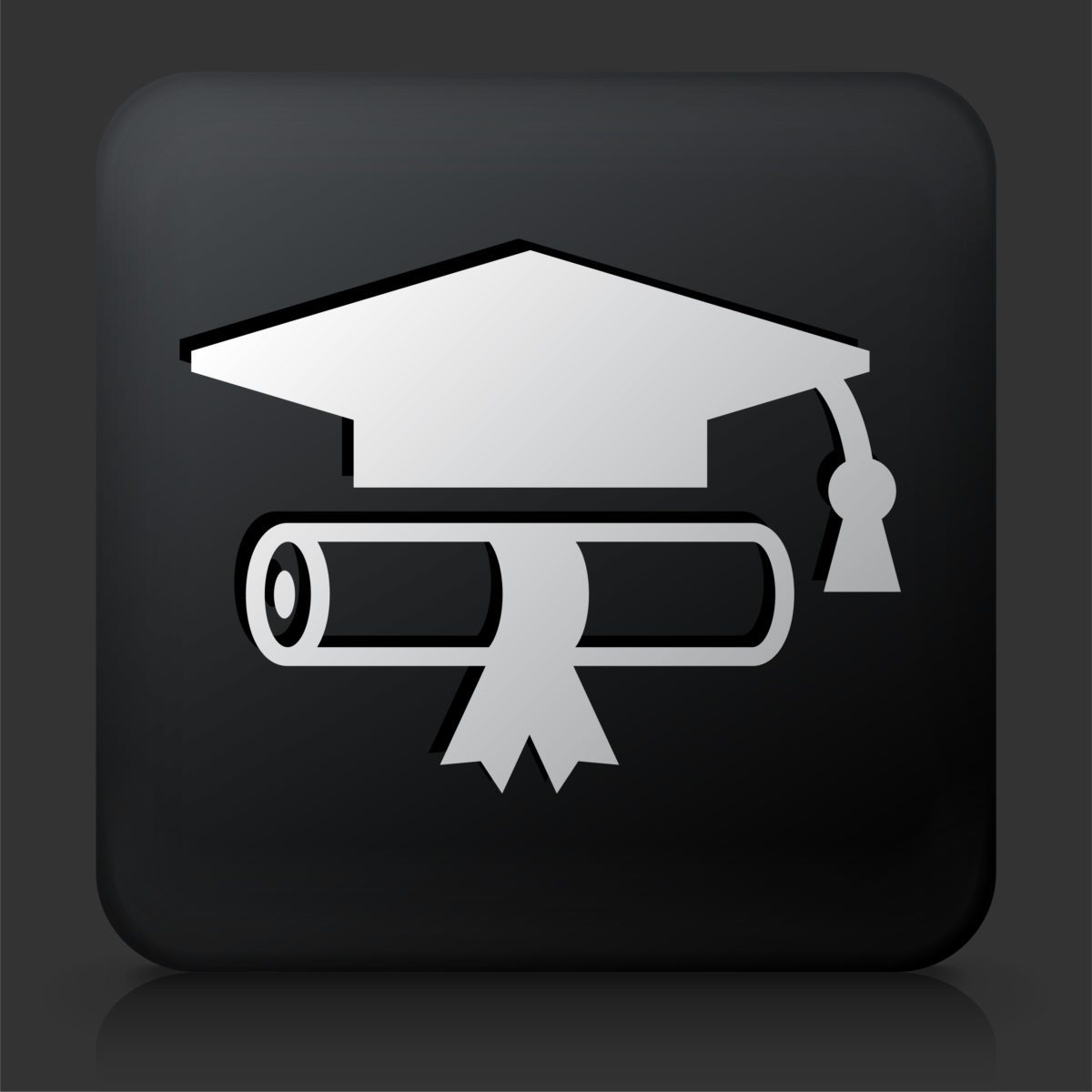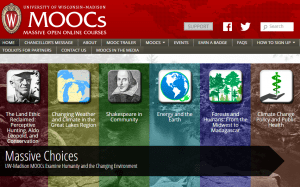
Credentials are as important as ever in applying for a job, but nowadays there are more kinds to choose from.

Along with job experience and traditional education, today’s job-seekers have alternative methods of showing that they’ve mastered a skill. For example, they can earn a digital badge, enroll in a massive open online course or complete a certificate program.
Do employers take these new-style credentials seriously? It may depend on how you present them in your application materials and interview. Given the right approach, they can help convince an employer that you’re the right person for the job.
Here’s how three types of alternative credentials can be useful to a job-seeker.
Digital Badges: As in a video game, a digital badge is a reward for accomplishing certain tasks. A growing number of educational organizations award these badges to people who’ve completed an online course to learn a specific skill.
The badges are not physical objects, but images sent through email. Some employers won’t be impressed by the credential given their relative unfamiliarity.
The way around that problem is to show how you’ve capitalized on the knowledge represented by your badge. Make an effort to apply what you learned in a work sample or a volunteer project, then include it in an online portfolio.
With this kind of presentation, “each badge would allow the employer to click through to more detailed levels of evidence and explanation—documents, assessment results, hyperlinks, video, and more,” notes the Chronicle of Higher Education.
Massive Open Online Courses: MOOCs, as they’re called, are online learning experiences available at no cost to anyone with an Internet connection.

Major universities and many other organizations now offer them, but usually not for academic credit. Participants watch videos, read articles and participate in discussion forums.
Completing a MOOC can impress an employer by showing that you’ve taken the initiative to learn a relevant skill on your own. You can emphasize this point in your cover letter and interview.
“Any initiative that candidates take to update their skill set, acquire new skills, or simply extend their knowledge base will be viewed as positive,” Bruce Allen of the recruiting firm Point B Search told the Boston Globe.
In a study by Duke University and RTI International, 73 percent of employers said that applicants who took job-related MOOCs would be perceived positively in hiring decisions.
Certificates: A certificate program can be taken online or face-to-face and is usually more rigorous than a digital badge or MOOC. It’s often comparable to a degree, though the course of study is typically narrower.
Certificates are gaining credibility in the job market, but finding a reputable provider—such as a major higher educational institution–is essential. Look for certificate programs based on concrete learning objectives with some kind of assessment.
It’s also important to know which certificates matter in your career field. Ask respected professionals which certifications are required and which ones have value as add-ons.
Certificates, MOOCs and digital badges will likely grow in importance as alternative credentials move into the mainstream. If you can demonstrate that they’ve helped you learn meaningful skills, they’ll give you an edge in the job market.
This article originally appeared in the Wisconsin State Journal.